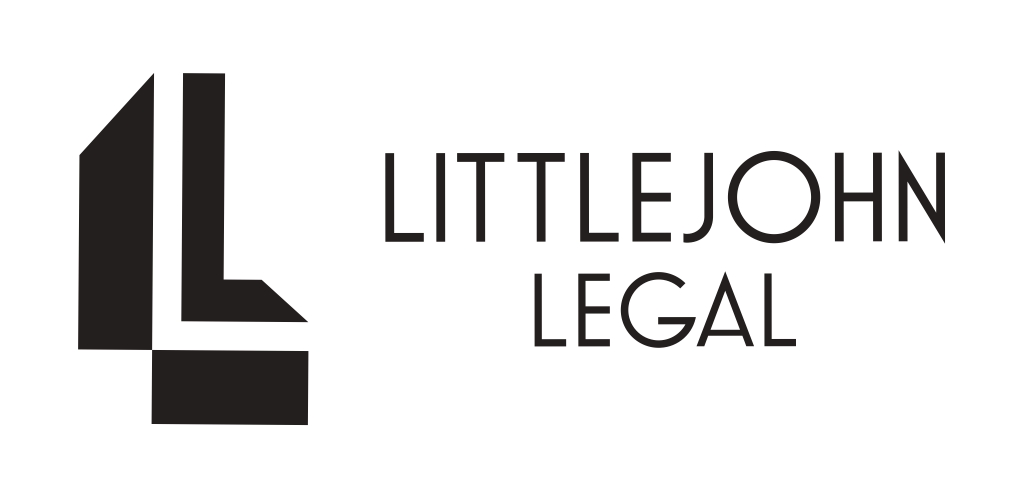Starting or buying a new business – which structure?
Starting or Buying a New Business- Which Structure?
WHAT IS THE BEST LEGAL STRUCTURE FOR A START UP BUSINESS?
The importance of getting your structure right when buying or starting up a small business cannot be underestimated. For example, there are capital gains tax concessions which are available to all different structures, subject to qualifying criteria. There are also income tax considerations and asset protection considerations before you get started. The choice of structure also has a significant impact on the amount of tax paid on the sale of the business. It is therefore really important that you get the business structure right at the time of establishment/purchase to be able to take advantage of these considerable concessions.
SOME LESS KNOWN options for business structures
Associations
Associations are not normally considered to be business structures as they usually serve the purpose of providing protection to the committee and members of a group, usually conducting a ‘not for profit’ activity.
Unincorporated associations
An unincorporated association is a loose term for a group of people who have come together with a common interest. There is no applicable registration or legislation with regards to its structure, obligations or name. An association is not obliged to incorporate however may wish to do so to assist in pursuing the association’s interest. Members of unincorporated associations need to be aware of their liability to pay the debts of the association.
Incorporated association
Incorporated associations are commonly used by community or sporting groups as a simple and inexpensive means of establishing a separate legal entity and offering some protection to their members from the debts and liabilities of the association. The relevant fair trading and/or consumer affairs statutory authority in each state acts in accordance with the powers granted under the relevant state legislation and regulations.
Unlike unincorporated associations, incorporated associations have significant statutory obligations. For example, there is a requirement to hold annual general meetings and conduct mandatory auditing of accounts.
MOST COMMON BUSINESS STRUCTURES
1. Sole proprietorship (does not involve a separate legal entity) and essentially you trade under your own name;
2. Partnership (does not involve a separate legal entity but each partner may be a different legal entity, including an individual, company or trust)- generally all profits and liabilities are shared;
3. Company (separate legal entity);
4. Discretionary trust (trust relationship);
5. Unit trust (trust relationship); and
6. Self-managed superannuation fund (trust relationship).
SPECIAL NOTE ABOUT JOINT VENTURES
Joint ventures are contractual arrangements between parties who themselves have one of the available structures. They are usually made for a specific deal or deals and there will not be a sharing of profits by the venturers. If there is a sharing of profits then the relationship is in fact a partnership. Unlike partnerships, joint ventures are not notional tax entities and they do not file a combined tax return. The arrangement between the parties is contractual and each makes their own tax and asset protection arrangements.
WHICH STRUCTURE TO USE
In making the choice as to which structure to use, the points for you to consider are:
1. Set up and administration costs;
2. Protection of the assets of the entity and yourself;
3. Flexibility in the structure and in distribution of the profits;
4. Minimisation of tax;
5. Suitability for your desired exit strategy/succession plan.
The best tax and asset protection structures are not chosen every time. You may have other overriding motives.
HOW TO DECIDE?
1. You have an existing company, group of companies or other structure through which you have traded for many years and understand very well the use of that company or other structure. You see this as providing you with significant administrative and commercial advantages. For instance profits can be moved within the group easily.
2. You have losses in your existing entity and wish to continue to use that existing entity to try and offset the losses in the new enterprise you are buying or establishing.
3. You have a short to medium term goal of selling the new enterprise and do not plan on accessing profits (if any) of the new enterprise prior to sale.
4. You have at present no immediate family with whom to split income and want the simplicity of being a sole trader. The business risk is perceived to be of no or little concern to you.
5. The business is high-risk with little prospect of capital gain and you want the protection of incorporation without the complexity of a trust.
6. You foresee rapid business expansion and whilst retaining control, want to be able to give others equity interest in the business in the future.
7. You want to include your family trust in the structure but also protect it against the risk of your adult child’s marriage failing and the ex-spouse claiming a share of the trust in the divorce.
8. You want to protect this business asset for the benefit of your life partner after your death, and to resist claims by other people under various family provisions legislation.
As you can see there are a lot of considerations before deciding on the business structure.
You may currently be in the wrong business structure for your circumstances and not realise it. It may not be your fault if you were not proactively advised by an appropriate professional at the time you started or bought the business.
Getting the right financial and legal advice early on can save you paying too much tax or exposing your assets to risk.
Where do I stand?
Book a call to talk to a lawyer.

